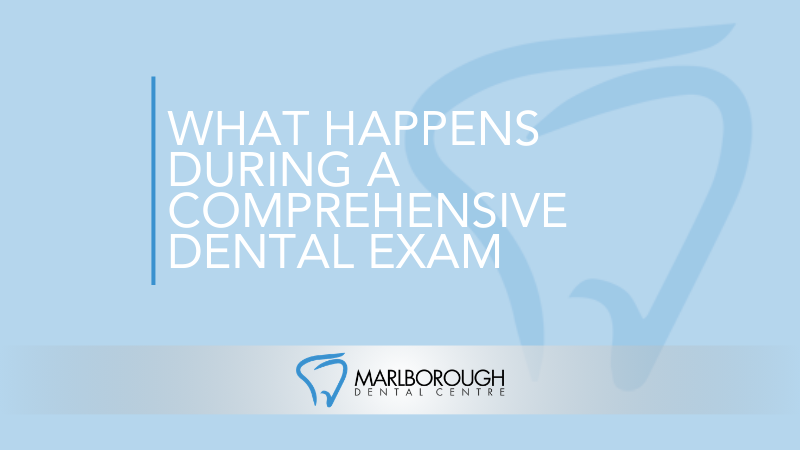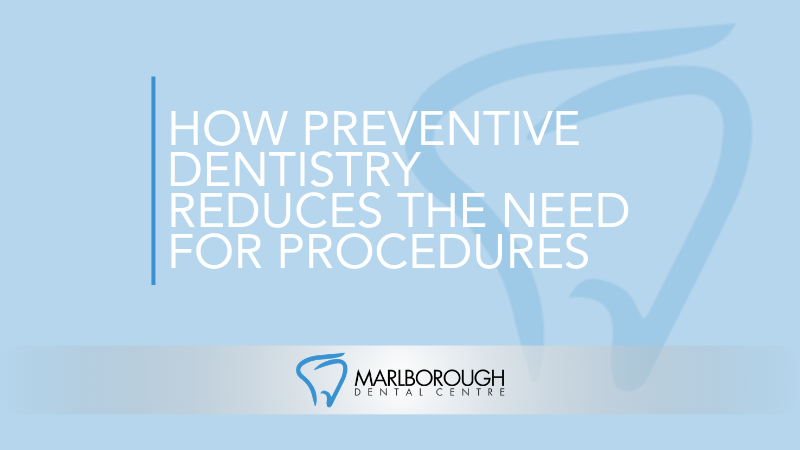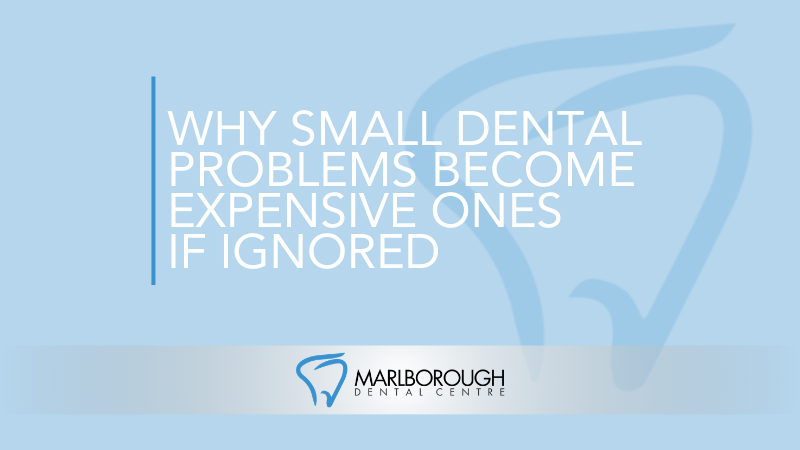Overview: Over-brushing is a common bad brushing technique that can be more harmful than you may realize. How do you brush? Do you think you may be over-brushing? To find out why you have to be so careful, read the blog below.
A common mistake people make is to think that as long as you brush your teeth for long enough, you can eat whatever you want. But not only does this not protect your teeth from those bad foods, it can also actively make your oral hygiene worse. To start with we'll look at what counts as over-brushing and then we'll list some reasons why you need to avoid it!
Am I Over-Brushing?
While it's great to be enthusiastic about your dental hygiene, there is such a thing as too much brushing! So how should you brush your teeth? Brushing twice a day and flossing once a day should keep your teeth in good shape, and rinsing with an anti-bacterial or fluoride mouthwash will help things too. You should use a soft toothbrush and brush just hard enough to remove any plaque and debris from your teeth. Brushing harder does not remove any more plaque or stains – only regular dental visits will alleviate these. Most over brushing occurs due the aggressiveness of the brushing action rather than the amount of time spent doing so, but it's still important to bear in mind that the recommended brushing time is around 2-3 minutes. Anything greatly over that and you might want to reconsider your habits.
Why Is Over-Brushing Bad?
1. It erodes your enamel
By brushing aggressively for prolonged periods of time, you can deteriorate your enamel, the important layer that protects your teeth from decay. Without full and strong enamel, your teeth will become sensitive and uncomfortable.
2. It damages your gums
When you brush your teeth, it's virtually impossible not to brush your gums too. With regular brushing this is not too much of a problem, but when you brush for an extended period of time or brush too hard your gums can become damaged. As you brush, the gum tissue just below your teeth deteriorates and your gum will start to recede.
3. It doesn't make your teeth cleaner or whiter
One of the best reasons to stop over-brushing is probably the reason you started in the first place. The simple fact is that brushing for longer and with more force does nothing to protect your teeth any more than regular brushing techniques. Likewise, it also has no more influence over the whiteness of your teeth when compared to the correct methods.
Bottom Line: Do you like to brush extra hard for just that little bit longer than most people? If you do, then stop! Not only does over-brushing have no dental benefits, it also actively harms your gums and teeth. Instead, choose a soft brush and only spend around 2-3 minutes brushing just hard enough to remove surface plaque. If you're interested in maintaining good oral hygiene, you should invest your energy into attending regular dental checkups and cleanings instead!
To find out more about good dental habits, along with checkups and cleanings, contact the Marlborough Dental Centre in NE Calgary today on (403) 248-2066.



